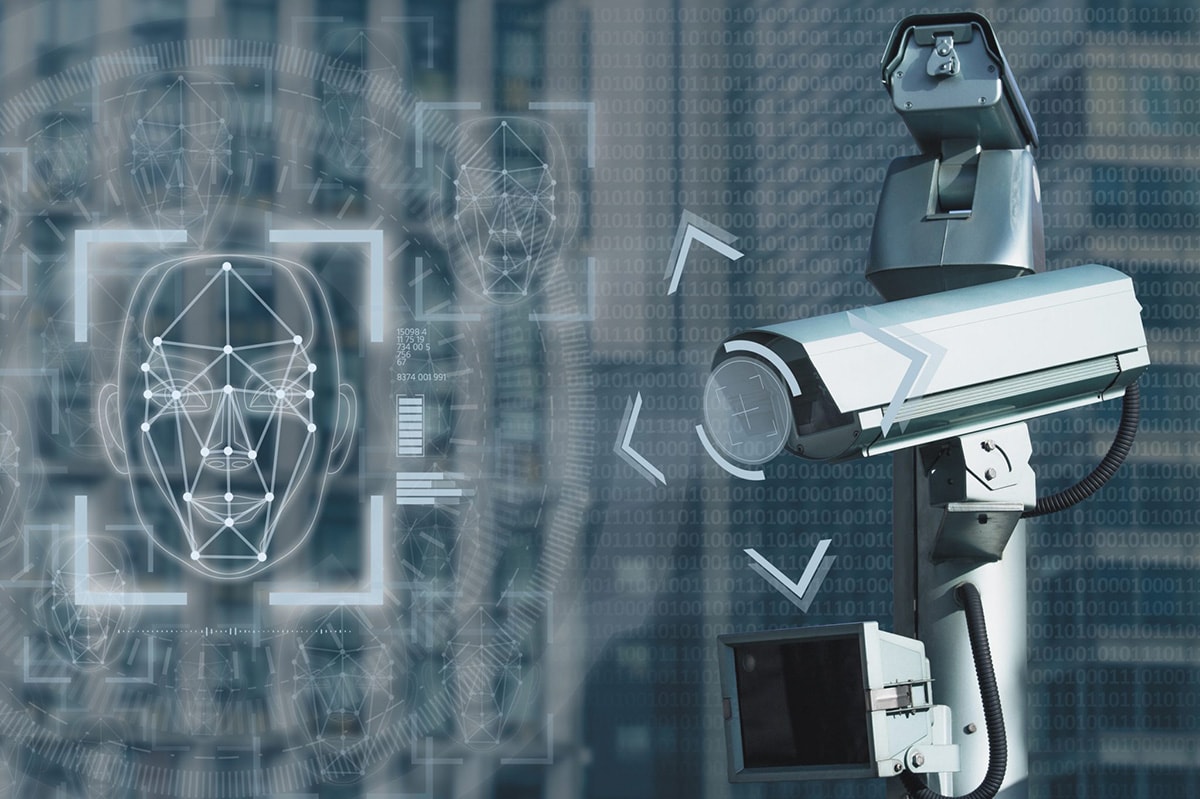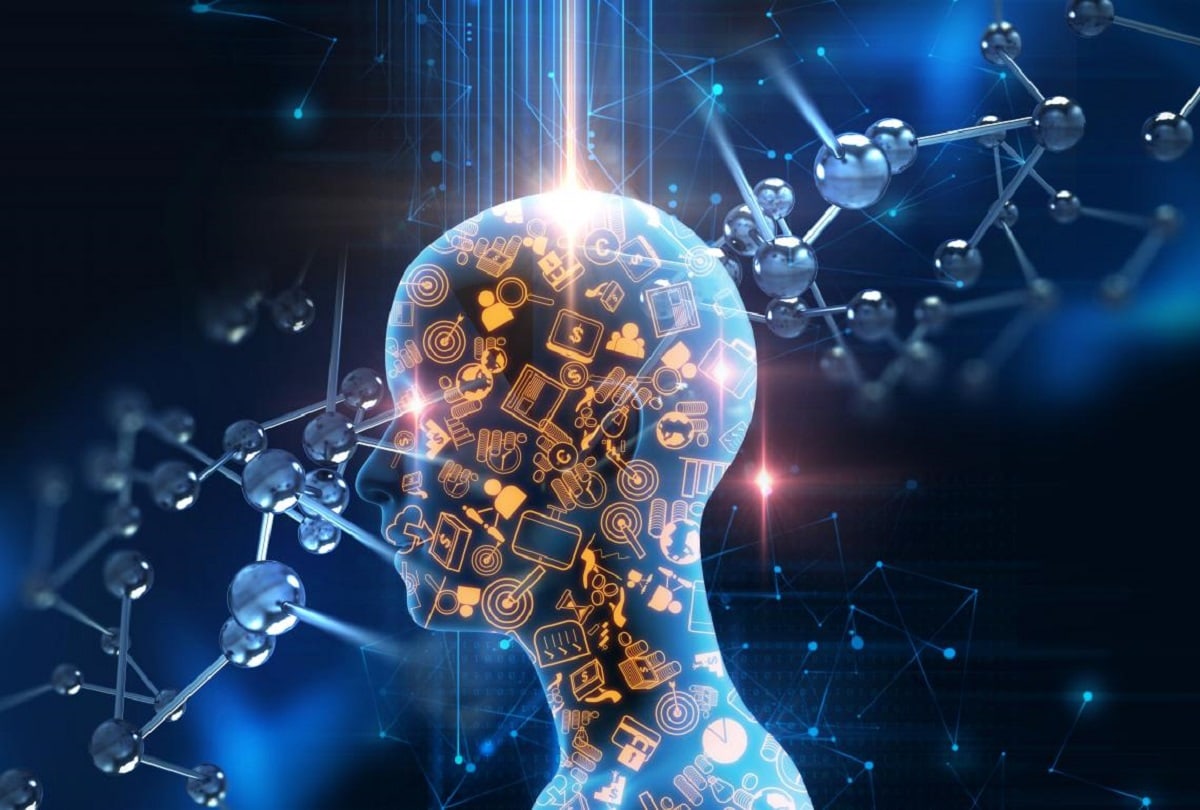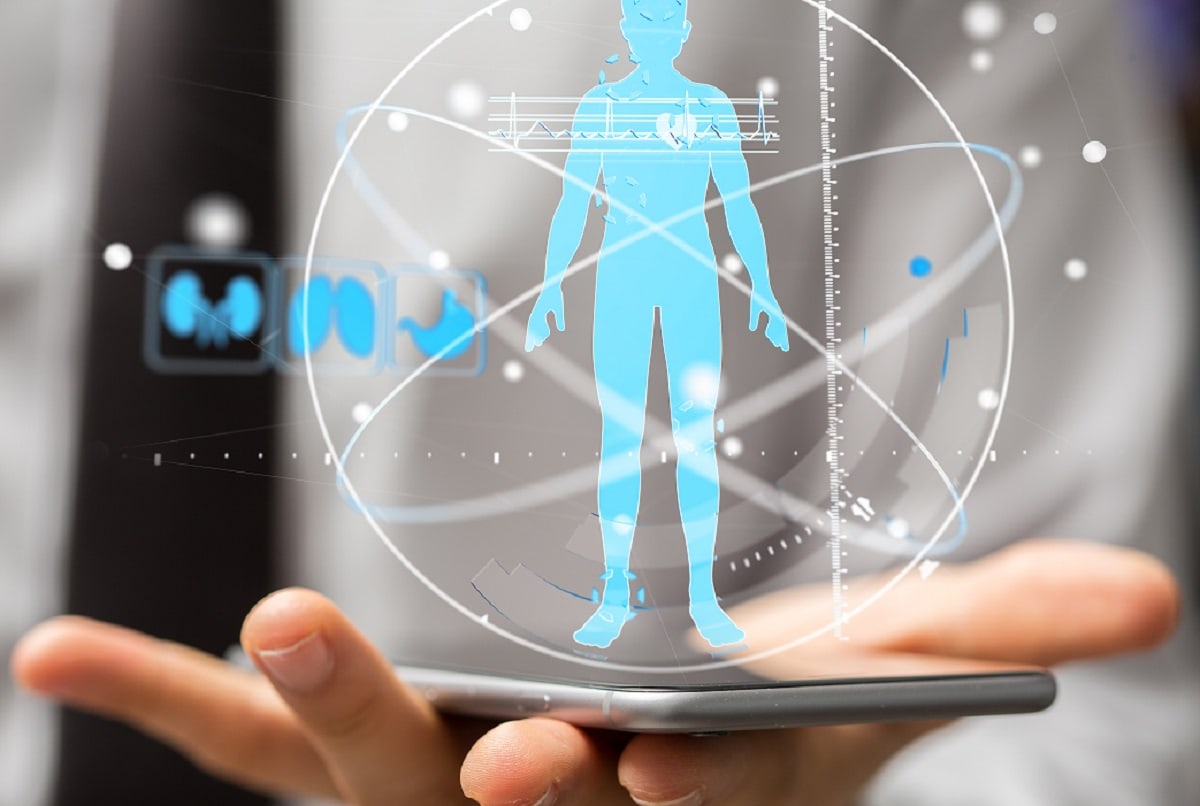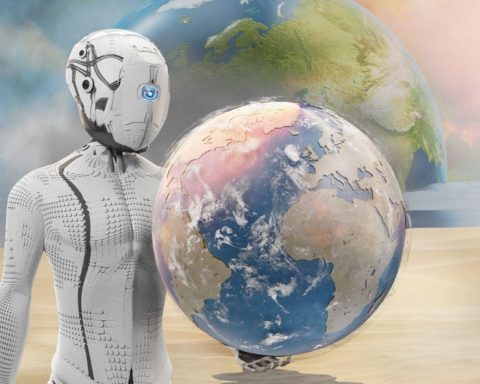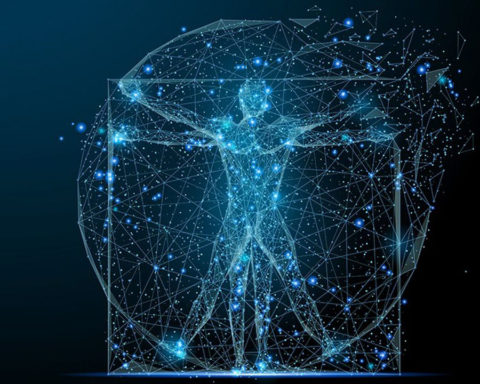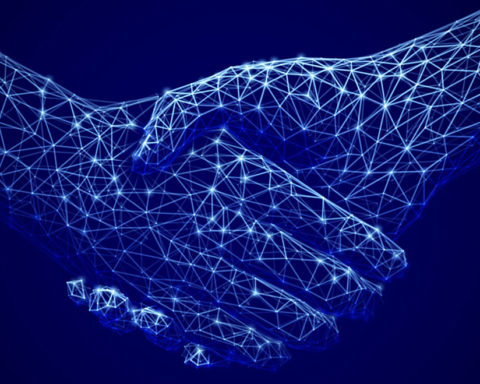If there is one area of artificial intelligence that is advancing very quickly, it is facial recognition. The technology seems to have reached maturity and allows a number of use cases that flirt, when they do not transgress them, with the most elementary ethical limits. Faced with the invasion of this technology in all sectors of our daily life, the traditional "laissez faire" position of liberal Europe is cracking. A confidential note from the European Commission envisages calling for a pause in the development and applications of AI technologies and more particularly facial recognition technologies. A sort of moratorium of three to five years to reflect and calmly consider regulations, without breaking the European innovation dynamic.
Not a day goes by without mentioning a new feat of facial recognition. This technology has entered the public domain with a bang. It is about to be found everywhere: in our airports, our buses, our trains, on the streets, in shops, at the doctor's, at school, at work... And why not at the Carnival? Since the city of Nice experimented it for its parade of big heads in February last year. Security forces in these troubled times, automatic face recognition seems to some to be a real panacea. Orwell's wildest dream seems within reach. Why not taking advantage of it ?
Admittedly, the question deserves to be asked, but it is very quickly completed by another question: how far should we go? Americans who do not have too many scruples when it comes to high tech show how far face recognition technologies, and therefore individuals, can go.
The New York Times has just published a long file on a company called Clearview AI. It's said to have catalogued nearly three billion photos of faces. All of this by storing, since 2016, images retrieved from the internet in free access to train artificial intelligence in facial recognition.
We need to put things in perspective here. For facial recognition software to work, it needs reference images: an airport camera takes a picture of your face and compares it to millions of facial images in databases. If your face doesn't appear in any database, the best software in the world will never be able to recognize you. Official agencies such as the police use facial images from ID cards, passports and driver's licenses as a reference. The FBI has 410 million faces in its databases. Where Clearview goes further, is that the company collects all the pictures of our faces that we leave more or less in spite of ourselves on Facebook, YouTube, Instagram and Twitter. These billions of photos are capable of considerably enriching the reference bases of police facial recognition software. In this case, there is no photo: your face must certainly be somewhere in this new type of database, and it will be recognized.
No more anonymity on our streets? We will all be recognized sooner or later. We are entitled to ask ourselves this question, especially since it is no longer a question for more than a billion Chinese. Cameras on every street corner are watching them, recognizing them, tracking them, even judging them. And the Chinese accept this, without flinching, for their safety and "social harmony".
- READ UP : China's ultra-high-tech police surveillance arsenal and China is becoming the world's first digital dictatorship
Leak at the European Commission
The risks of these technologies, if not strictly limited by rules, are immense. As always with this type of innovation, we cannot condemn them outright. They fulfil undeniable services and hindering them would risk hampering a technological and scientific development of the greatest interest. This is exactly the dilemma of the authors of a report on AI by the European Commission. It is the agency Euractiv who got his hands on this document A 16-page non-public document drafted by European legislators, reporting on a draft regulation of artificial intelligence. The European Commission seems to be putting forward the idea of a period of three to five years during which the use of facial recognition could be banned in public places. According to the document, the European Commission would like to give legislators more time to devise effective ways of assessing and managing the risks associated with facial recognition.
This idea of a "pause" that legislators would like to see, according to the leaked document, comes in a context where the implementation of this technology is accelerating. Germany is planning to introduce automatic facial recognition in 134 railway stations and 14 airports. France also intends to establish a legal framework to make video surveillance systems capable of facial recognition.
Europe's intention to take a break inevitably worries the tech giants. The head of Alphabet, Google's parent company, Sundar Pichai, called on Monday 20 January for the EU to "take a break". proportionate approach "to regulate artificial intelligence," in a speech in Brussels. He admits that regulation is inevitable because abuses are possible. This is the case, he said, according to AFP, of "deepfakes" or hyper-destructions, and more particularly of facial recognition. « It can be used in new assistive technologies and tools to help find missing persons. But it can also be used for more harmful purposes.« he confessed. Others, such as Microsoft President Brad Smith, confirm their unshakeable faith in the virtues of technology. According to him, legal regulation is not effective. « The only way to improve the technology is to use it "he proclaims to Reuters. To put it plainly: leave it alone, we shall see what happens... This is exactly what Europe does not intend to do.

